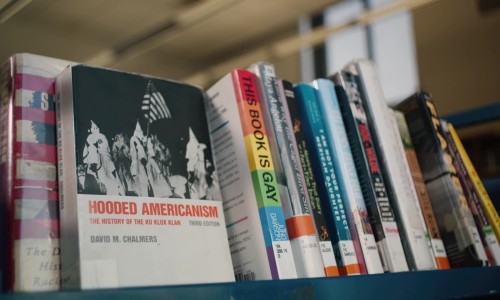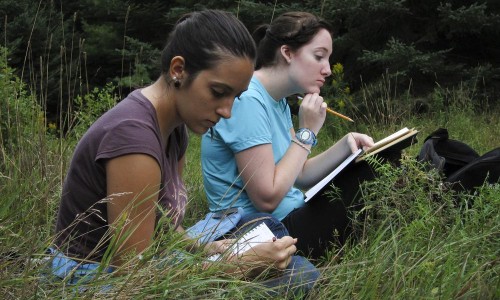Love Data Week is an international celebration of data, taking place every year during the week of Valentine's Day.
Everyone is encouraged to participate in events and activities hosted online from around the world. The theme this year is “Who’s Data is it, Anyway?” exploring critical questions about data ownership and origins. This year's theme challenges us to examine where data comes from and who owns it before we use it in our work.
In honour of Love Data Week, here are some events that may be of interest to the Queen’s research community and some recently deposited datasets into our Queen’s Dataverse Collection:
Events
Digital Research Alliance of Canada
- Workshop on “Sharing and depositing research data: A guide for researchers.”
McGill University
- Workshops on topics such as data sonification, text and network analysis, and data wrangling in OpenRefine.
UBC
- Workshops on analyzing spatial environmental data in R, analysis of Labour Force Survey Data, and Statistics Canada Microdata in R.
Lakehead University
- Introduction to Qualitative Data Analysis in NVivo
University of Waterloo
- Workshops on topics such as Indigenous Data Sovereignty Registration
- Navigating Data Collected from Online Forums Registration
- and Making your own Spotify Wrapped with Jupyter Notebooks Registration
International Events
- ICPSR - Includes list of events from around the world
Queen’s Dataverse Collection Datasets
Interested in finding and reusing data? Queen’s Dataverse Collection contains many exciting datasets across disciplines, curated and managed by the library.
Canadian Vote Intention Database
- The Canadian Vote Intention Dataset is a new and harmonized database spanning nearly eight decades (1945–2023) of public opinion surveys from Gallup, Environics, Pollara, the Canadian Election Study, and the Consortium on Electoral Democracy. The dataset includes over one million responses on Canadians’ federal vote intention and vote choice and a suite of demographic and geographic variables, including age, gender, religion, language, education, union membership, occupation, community size, province, and region.
- Democracy Checkup surveys gather information about the opinions of Canadians when election campaigns are not activating their interest and/or partisan attitudes, and capture general public opinion about democratic values, public policies, and current issues.
- The Canadian Election Study provides a thorough account of federal elections from 1965 to the most current election, underlining the main reasons why people vote the way they do, indicate what does and does not change during the campaign and from one election to another, and highlights similarities and differences between voting and elections in Canada and in other democratic countries. It also assembles a rich set of data about Canadians' attitudes and opinions on a wide variety of social, economic, and political issues.
Commute Patterns among Queen’s University Employees
- The objective of this survey was to investigate commute patterns among Queen's employees and to assess whether transit improvements have stimulated interest and willingness among Queen's employees to take Kingston Transit to commute to work. The survey data collected here will also serve as a baseline for subsequent surveys that will assess change in commute patterns to Queen's over time. The findings from this research will offer insights to researchers interested in the impacts of public transit as population health interventions, as well as to Queen's University in terms of understanding how members of their community could make better use of a key public resource in Kingston.






